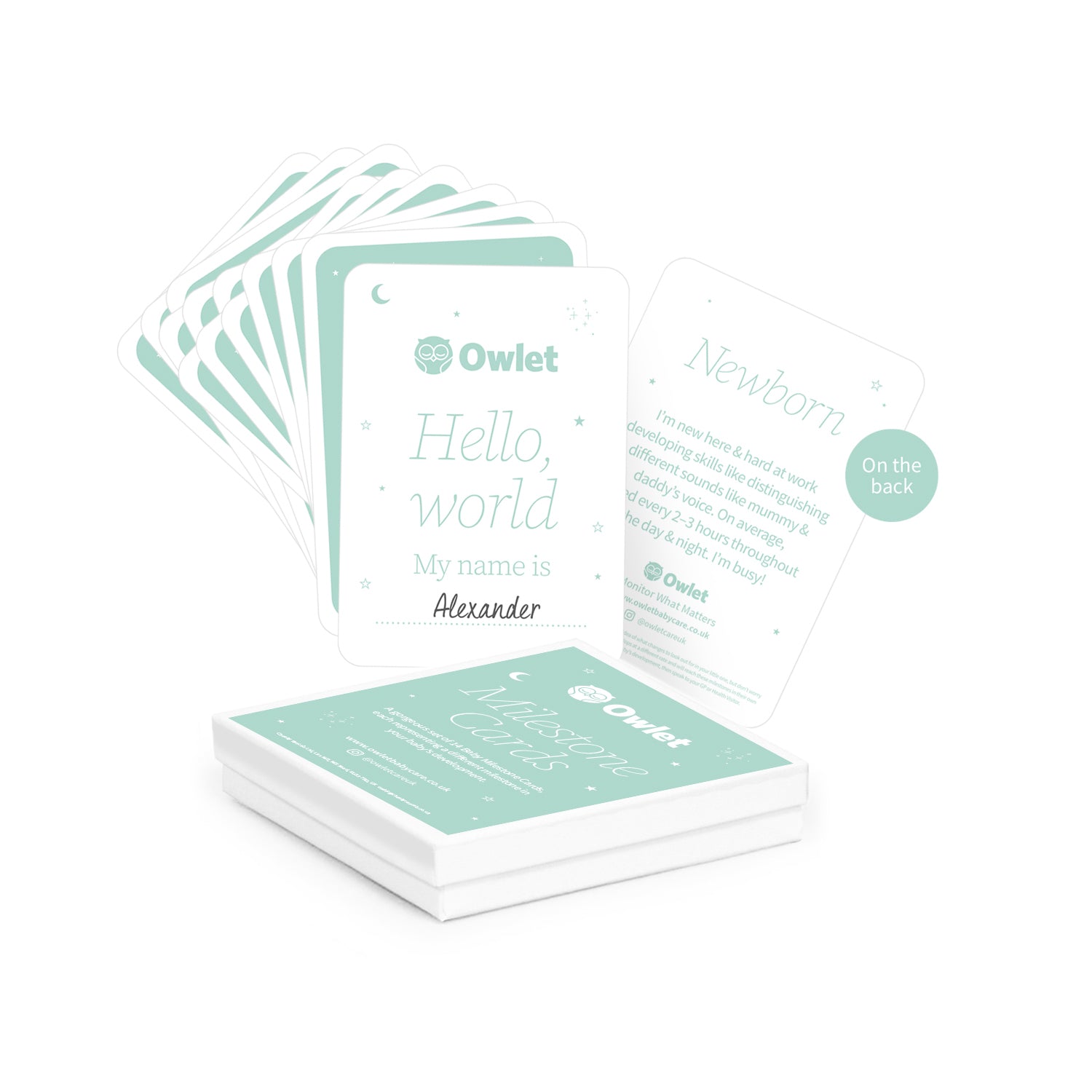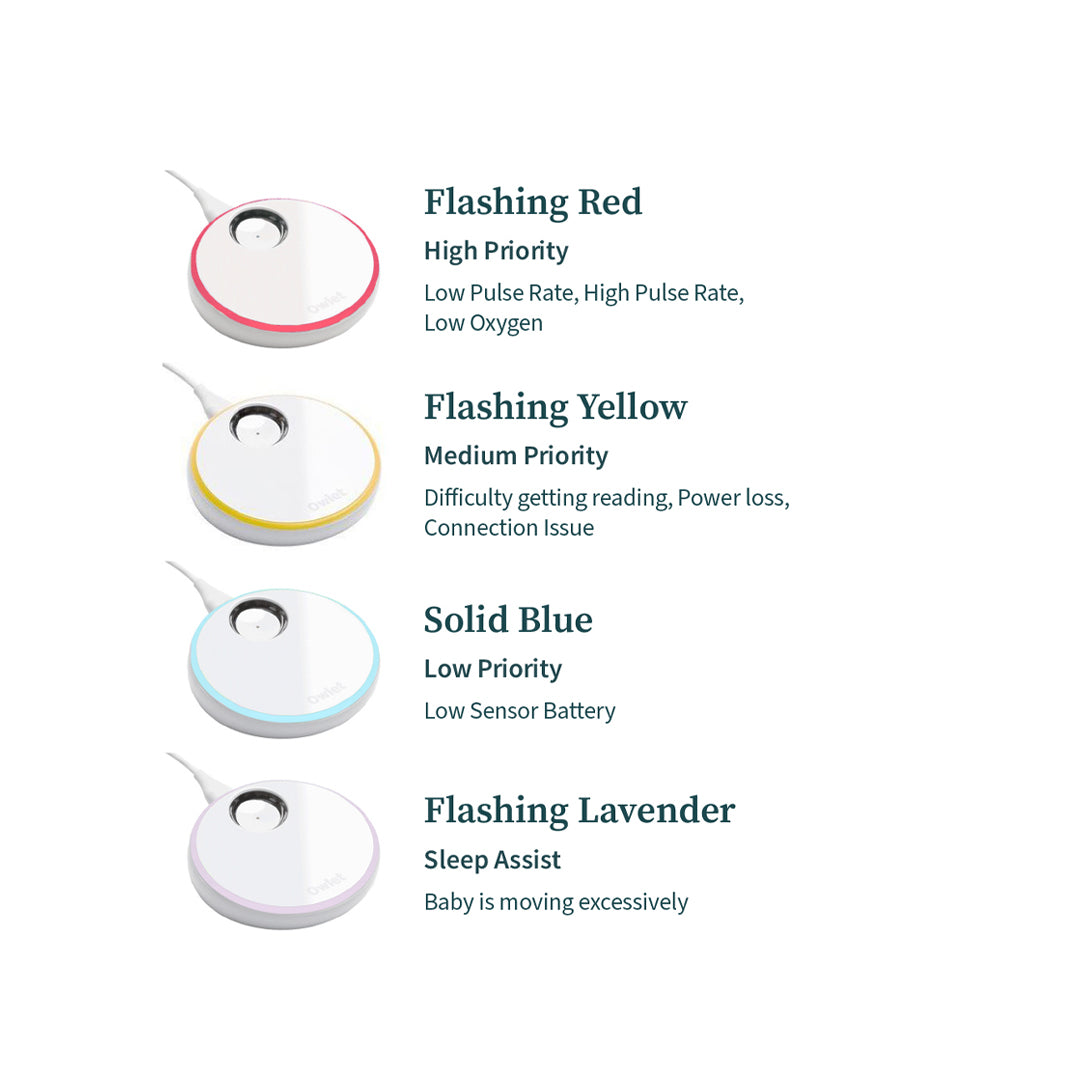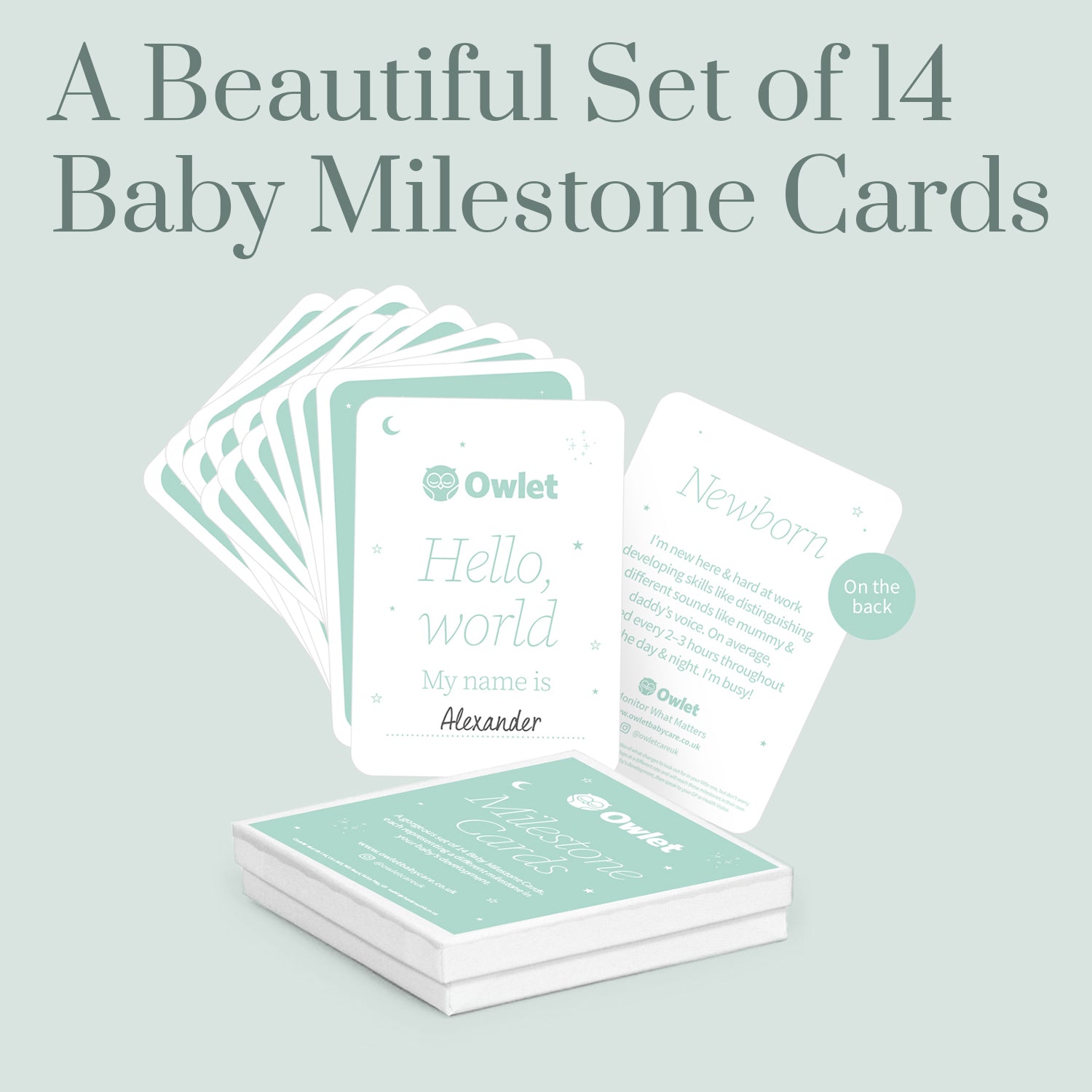A Midwife’s Lockdown Pregnancy Guide

We did it! We have made it through 2020. But with lockdown measures being reinstated in the UK and the winter days still ongoing, there are still plenty of reasons that expecting parents may still be feeling slightly on edge.
So, we consulted our expert NHS Midwife Carrie Sirry, co-founder of The Birth Collective, to provide some tips and guidance which will help any expecting parents navigate the latest lockdown restrictions.
Have any more questions that you want us to address? Get in touch on Instagram or Facebook.
Should I be taking extra precautions against Covid-19 if I’m pregnant?
Winter brings with it a variety of viruses and illnesses - see our Winter Wellness Blog for ways to stay healthy more generally during this time.
With regards to the current pandemic, there is no evidence that pregnant women are more likely to get seriously ill from Covid-19, but they have been included in the list of people at moderate risk as a precaution.
Pregnant women, especially those further on than 28 weeks, should follow the latest government guidance on social distancing and avoid anyone who has symptoms suggestive of coronavirus. These include:
- Keep mobile and hydrated to reduce the risk of blood clots in pregnancy
- Eat a varied healthy diet
- Take regular vitamin supplements
- Continue to attend your scans and antenatal appointments unless otherwise advised
Can pregnant women get vaccinated against Covid-19?
There are already routine vaccines offered in pregnancy, for example flu and whooping cough. However, as with most pharmaceuticals, clinical trials of the Covid-19 vaccine have not been carried out on pregnant women.
There is currently no evidence that the vaccine is unsafe if you are pregnant or breastfeeding but more evidence is required before it can be offered routinely. The Joint Committee on Vaccination and Immunisation (JCVI) advise (as of January, 2020) pregnant and breastfeeding women who are clinically vulnerable or frontline healthcare workers should receive the vaccine.This is because they have a higher risk of developing Covid-19 or experiencing serious complications from it. People in these groups have the choice to receive the vaccine and should discuss their options with their healthcare provider to weigh up the risks and benefits.
For newborn babies, they are always going to be vulnerable to all illnesses in the early stages of their lives. The best defense is to breastfeed, keep good hygiene and follow the social distancing guidelines to reduce the risk of catching Covid-19.
Should I be worried about going into labour during lockdown?
If you go into labour during a national lockdown, rest assured, it’s business as usual for the midwives. There may be limited support services such as breastfeeding support, but maternity units will still be running as usual. Research local support services in your area to see what is on and how to access them.
Homebirth services may be suspended if ambulance services are unable to support or if staffing becomes compromised.
Please still contact your midwife with any concerns you have and seek immediate advice (even if it’s the middle of the night) regarding the following:
- your baby is moving less than usual
- you cannot feel your baby moving
- there is a change to your baby's usual pattern of movements
- you have any bleeding from your vagina
- you're feeling very anxious or worried
- you have a headache that does not go away
- you get shortness of breath when resting or lying down
What happens if I am Covid-19 positive when giving birth?
If you test Covid-19 positive then it will be recommended to give birth on the delivery suite so that you and your baby can be monitored closely during labour.
In this scenario, a birth pool is not recommended as there are concerns the virus could be transmitted in the water. Midwives are also unable to wear appropriate PPE.
You should be able to have at least one birth partner with you during labour, as long as they are not positive or displaying symptoms of Covid-19. Many hospitals are also able to facilitate birth partners being with you during induction of labour, if it takes place in a single room. Every hospital will have its own visiting restrictions based on how possible it is to maintain social distancing measures.
Are pregnancy symptoms similar to Covid-19 symptoms?
A change in sense of smell or taste and feeling tired are also common symptoms during pregnancy, as well as Covid-19. Experiencing a high temperature, a new, continuous cough or a loss of sense of smell or taste, are more specific to Covid-19.
Find more advice on Pregnancy and Covid-19 here.




















